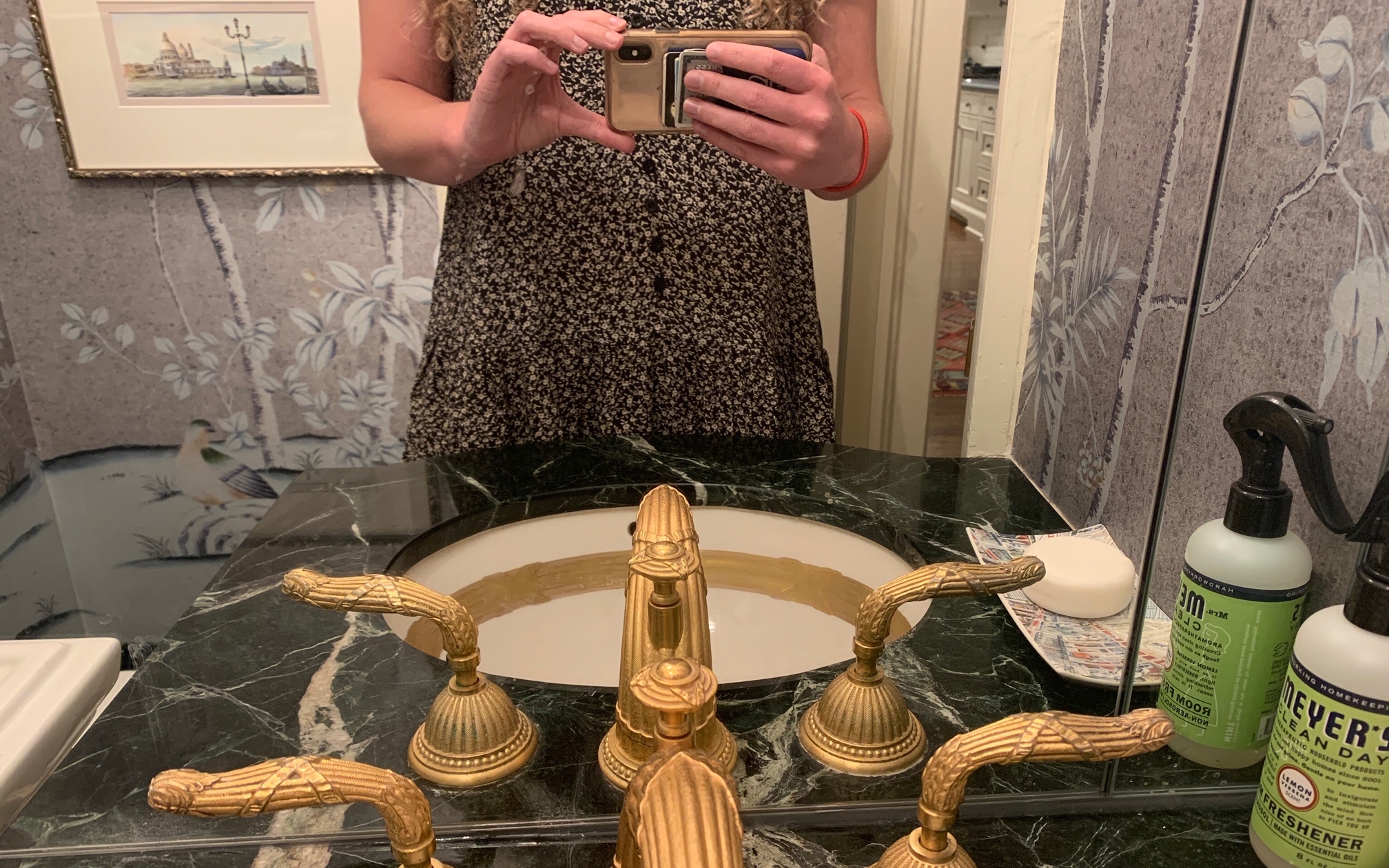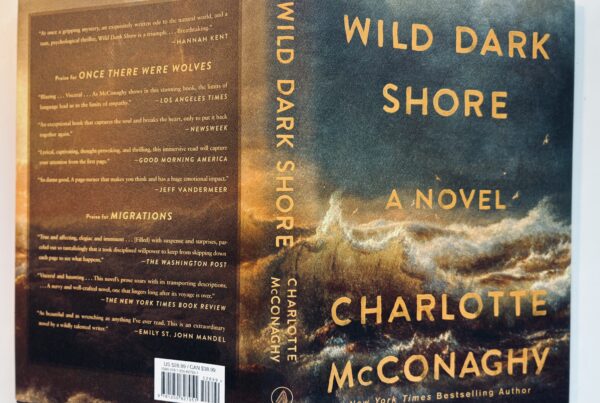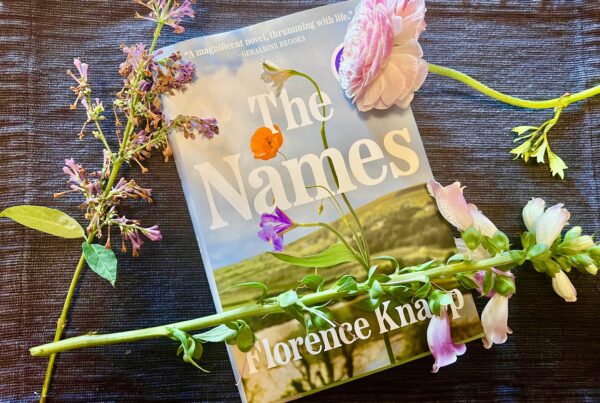While on lockdown in my childhood bedroom, I picked up Jia Tolentino’s Trick Mirror, a collection of essays reflecting on identity in the 21st century. I’ve had a lot of time to think about my own identity these past few weeks — sitting on the precipice of graduate school graduation and staring out at a terrifying job market with my cap and gown gathering dust in its box outside my New York apartment. Surrounded by smiling photos of my high school self pasted haphazardly on my walls, I feel trapped in a snow globe of my own past while trying to stay present and simultaneously feverishly trying to secure a steady future.
This moment has given me, and all of us, an abundance of time to sit still and think. I’ve found the time to reflect both helpful and deeply unsettling, something Tolentino seems to know a lot about. Her musings on selfhood have helped guide my thinking, organizing the mental mayhem and giving parameters to follow: How has your social media presence created a different self? How do you practice your feminism, and is it really feminism at all? Why do you value the things you value? Who are you, really?
I like that Tolentino doesn’t shy from critiquing America’s long history of “cons” and capitalism or raising issues around sexual assault and religion’s relationship to recreational drugs. Each essay weaves the historical, the theoretical, and the personal into a perfect package. She shares thoughts on everything from social media to modern feminism and marriage, tying each broad theme into her own personal experiences and tackling difficult subjects in a unique way of dumbing them down while maintaining their integrity. But her most enviable writing skill is her provision of brief, vibrant synopses of the many literary texts and articles she ropes into her paragraphs. It’s an astonishing strength that the English major in me can’t help but wonder at.
A trick mirror is something that allows you to see what you want to see, rather than what is actually there. It’s a mirror that shields you from your faults, or sometimes, one that prevents you from seeing your own talents and beauty. Tolentino explains that she wrote this book during a time of upheaval between 2017 and 2018 — a time when, she writes, “American identity, culture, technology, politics, and discourse seemed to coalesce into an unbearable supernova of perpetually escalating conflict.” One particular aspect of this time of the trick mirror that so unsettled her was the fact that “throughout this period, I found that I could hardly trust anything that I was thinking.” The narrative she had written for herself, she found, was not always as perfect and accurate as she thought it to be.
This quote, as my best friend and current quarantine buddy pointed out, is a perfect encapsulation of what I think many of us are experiencing right now. We’re second guessing everything we knew about ourselves, unsure whether we’re looking at an accurate representation, or a trick mirror’s distortion. Every emotion feels heightened. Every thought feels distorted — by loneliness, grief, longing, sadness, anger. While we sit on the couch, our whole existence, past, present and future, is sitting right there in front of us: our mortality, our relationships, our careers, our “normal” lives, even our own reflection in the Zoom screen. I, quite literally, have never had to look at my face as much as I have in the past month on FaceTime calls or Zoom classes. I’ve learned that I look very disgruntled when I’m confused in class, and that my furrowed brow is a dead giveaway that I’m not paying attention. I’ve learned I need to smile more.
The fact is, we’re looking at these trick mirrors a lot more these days— looking at the reflection of the things, traits, selves we want to see, and perhaps recognizing that they aren’t what we hoped or think they are at all. Tolentino couldn’t have predicted that her book, which came out in August of last year, would resonate like it does in this world of PPE masks, solitude, and social media fermentation. But she certainly gives us a lot to think about while we’re stuck here staring at our own trick mirrors.




